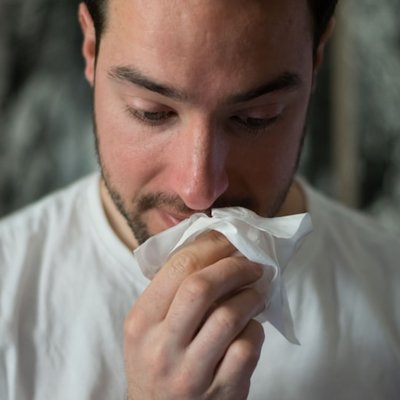- Examples
Dylan doesn't seem to have a fever. | A Dylan no le siento que tenga fiebre. |
You know, actually its quite nice to have a fever. | Sabes, es bueno tener fiebre. |
You don't necessarily need to have a fever to receive a flu diagnosis. | No es necesario que tengas fiebre para recibir un diagnóstico de gripe. |
Brother, you seem to have a fever. | Oppa, parece que tienes fiebre. |
You don't seem to have a fever. | No pareces tener fiebre. |
After one week, it continued to hurt and she began to have a fever. | Al cabo de una semana, le seguían doliendo y empezó a tener fiebre. |
You don't seem to have a fever. | Parece que no tienes fiebre. |
He doesn't seem to have a fever. | No parece tener fiebre. |
You seem to have a fever. | Parece que tienes fiebre. |
But three days afterwards Rosa begins to have a fever and high pressure. | Pero tres días después de la operación Rosa empieza a presentar fiebre y presión muy alta. |
I seem to have a fever. | Yo creo que tengo fiebre. |
They will have fewer blisters, are less likely to have a fever, and will recover faster. | Tendrá menos ampollas, es menos probable que tenga fiebre, y se recuperará más rápido. |
In addition to a sore, scratchy throat, a cold virus can cause your child to have a fever, runny nose and cough. | Además del dolor de garganta y de la garganta irritada, un virus de resfriado puede provocar fiebre, goteo nasal y tos. |
Many of these symptoms are also seen in a kidney infection, but the child often appears more ill and is more likely to have a fever with shaking chills, pain in the side or back, severe fatigue, or vomiting. | Muchos de estos síntomas también están presentes en las infecciones de riñón, pero en estas últimas los niños a menudo parecen más enfermos y es más probable que cursen con fiebre acompañada de tiriteras, dolor en el costado o la espalda, fatiga intensa o vómitos. |
Random Word
Roll the dice and learn a new word now!
Want to Learn Spanish?
Spanish learning for everyone. For free.















